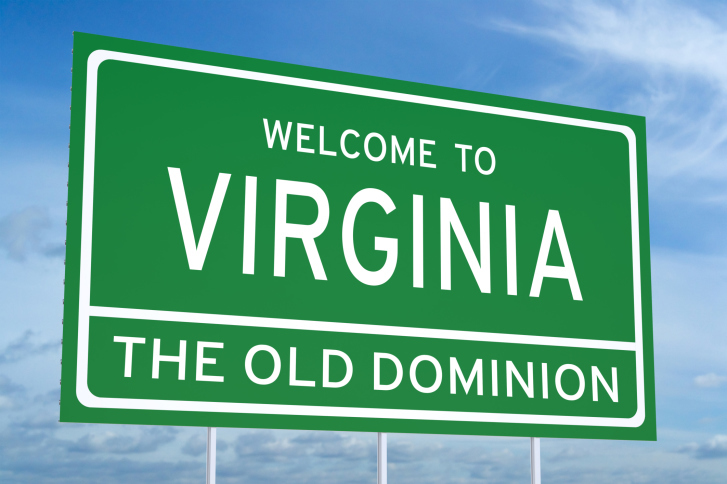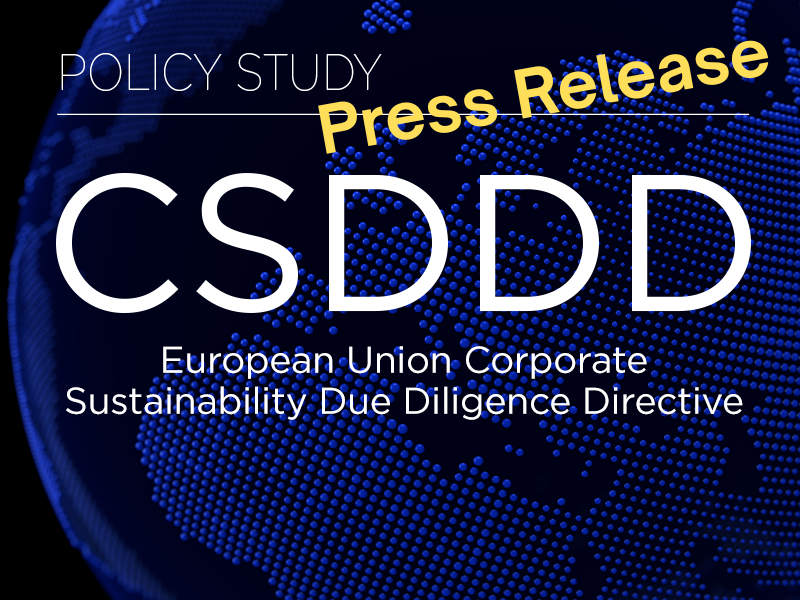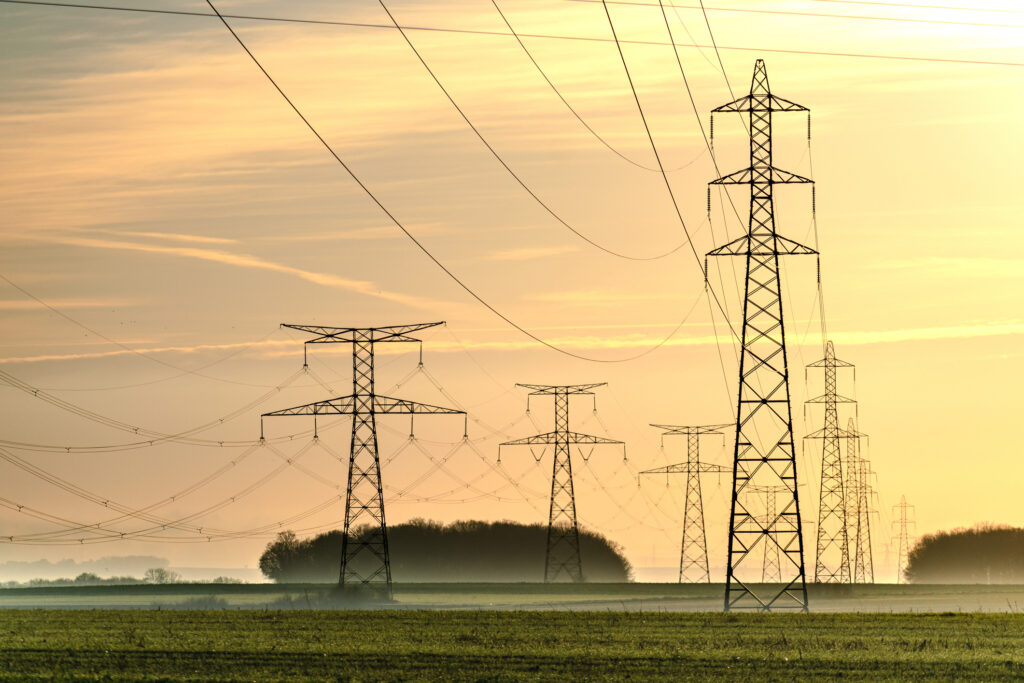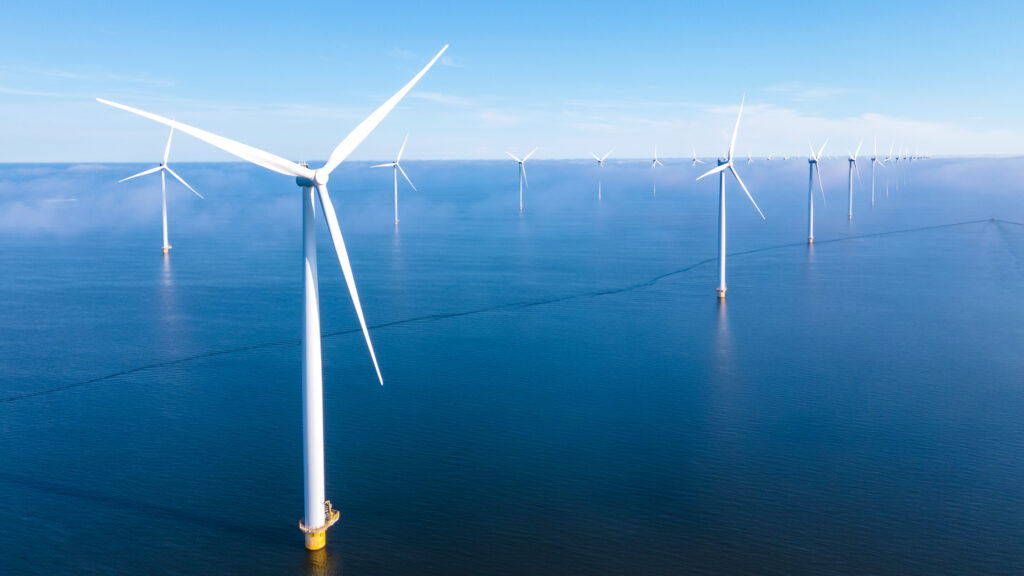Citing separation of powers, Virginia Gov. Terry McAuliffe (D) vetoed a bill that would have given state lawmakers authority over implementing a federal Clean Power Plan. A statement issued by Gov. McAuliffe’s office says he “supports the CPP as a necessary response to climate change and an opportunity for Virginia to become a leader in clean energy.”
Lawmakers said their constituents ought to have a say, through their representatives, because the CPP could have a devastating effect on the state’s economy. It “impacts far too many Virginians to be left to unelected bureaucrats,” Del. Israel D. O’Quinn told the Richmond Times-Dispatch.
Critics of McAuliffe’s veto noted several states, including Pennsylvania and West Virginia, passed laws in 2015 requiring their states’ respective legislatures to approve any State Implementation Plan developed by the state environmental protection agency before submitting it to the federal Environmental Protection Agency. They see it as a matter of having democratic input into a rule with significant implications for the economy.
Gov. Puts Prerogatives Over People
More than half of states have filed lawsuits to challenge the federal mandate which aims to cut emissions from the power sector by 32 percent by 2030. Utilitydive, reports states challenging the plan make up about 80 percent of the required reductions.
“As Attorney General, I have a responsibility to protect the lives of millions of working families, the elderly and the poor, from such illegal and unconscionable Federal Government actions,” West Virginia AG Patrick Morrisey (R), who is leading states in the lawsuit, said in a statement. “It’s the people who can afford it least who are going to be affected the most.”
McAuliffe, in his veto statement, did not discuss whether Virginia citizens should have a say in the implementation of a federal mandate, but rather cited federal law giving the governor authority over the plan.
“The interjection of required legislative approval into the Clean Power Plan process is an impermissible breach of Virginia’s constitutional separation of powers,” McAuliffe’s statement says. “The Governor is authorized to delegate that authority to the appropriate state environmental agencies. In Virginia, that authority has been delegated to the Director of the Department of Environmental Quality. This process rests squarely in the executive branch of state government.”
Mary C. Tillotson ([email protected]) is a freelance writer from Michigan.




